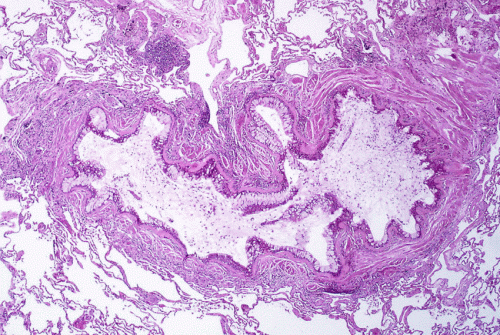

A greater proportion of patients with severe, uncontrolled asthma had more significant clinical responses to tezepelumab than placebo, according to research published at the ATS 2022 international conference. The study showed that nearly half of those enrolled achieved complete response to treatment across measures of exacerbation reduction, asthma control, lung function, and clinician assessment.
The study is a prespecified on-treatment analysis of responses to tezepelumab using data from the completed phase 3, double-blind, placebo-controlled NAVIGATOR trial (NCT03347279). Results of the trial were presented at ATS 2021 and published in a peer-reviewed medical journal.
“Overall, these results align with the NAVIGATOR results reported at ATS 2021 and add an important patient-level perspective to the primary study results,” said presenting author Njira Lugogo, MD, associate professor of internal medicine as well as medical director, Michigan Clinical Research Unit and director, Asthma Program, Division of Pulmonary and Critical Care Medicine, University of Michigan, Ann Arbor. “Across each measure, tezepelumab recipients were more likely to have a response; the greatest difference observed was for exacerbation reduction. In addition, 48 percent of patients receiving tezepelumab had a complete response and achieved significant and clinically relevant improvements in all four response measures.”
Both the tezepelumab and placebo patients continued to take their medium- or high-dose corticosteroid inhalers and at least one other asthma-control medication during the study.
Four-hundred seventy-one patients receiving tezepelumab and 449 receiving placebo completed the on-treatment period and were included in the analysis. Across response criteria, the proportion of responders was higher in the tezepelumab than in the placebo group for exacerbation reduction (85.4 percent vs. 67.5 percent); Asthma Control Questionnaire (ACQ)-6 total score (86.9 percent vs. 76.6 percent); an improvement from baseline pre-bronchodilator forced expiratory volume in one second (FEV1) (60.3 percent vs. 49.9 percent); and in Clinical Global Impression of Change (CGI-C) score (81.5 percent vs. 67.7 percent). The proportion of complete responders (those who achieved significant improvement on all measures) was higher in the tezepelumab group that in the placebo cohort (48.2 percent vs. 25.3 percent).
Tezepelumab is a biologic—a medical treatment made from living cells.
Dr. Lugogo stated, “Responses to biologics in asthma are heterogenous and the impact of biologics on key asthma outcomes can vary between patients. We were interested in determining the impact of tezepelumab on the four clinical outcomes of most interest, which included exacerbation reduction, improvement in symptoms and lung function, and the treating clinician’s impression of whether clinical improvement had occurred. There is increased interest in defining responses in patients with severe asthma on biologics. In this study, we identified both responses in each measure and combined responses overall.”
Source: Read Full Article